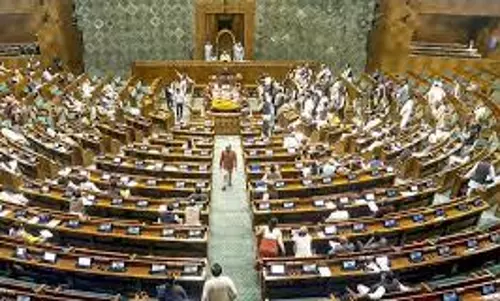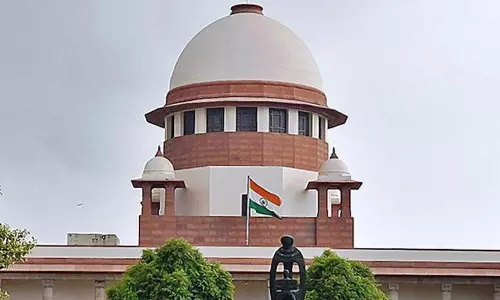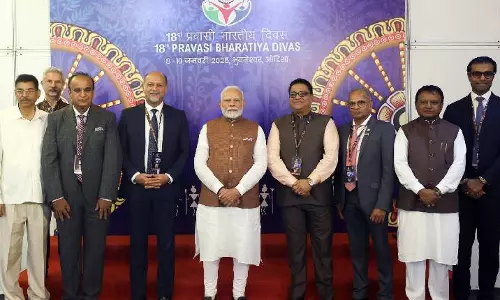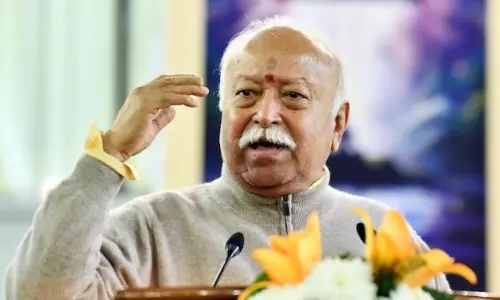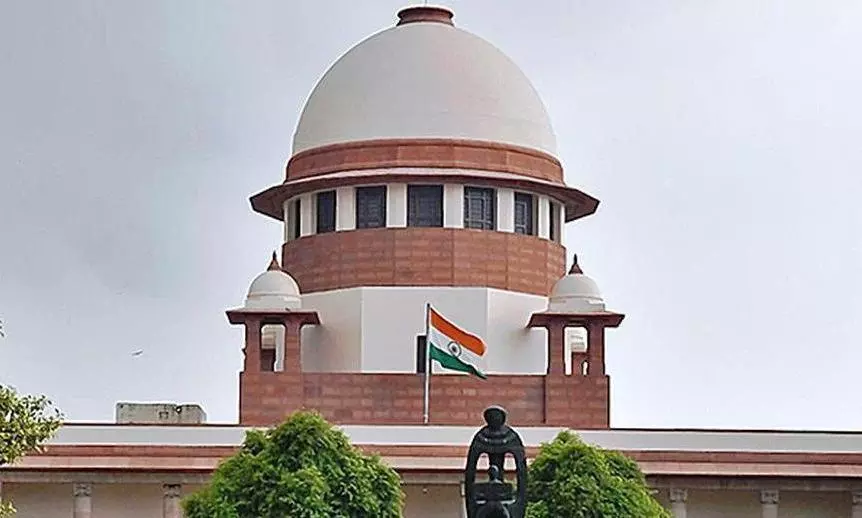
Supreme Court urges caution in invoking abetment of suicide charges
text_fieldsThe Supreme Court of India has emphasised that the offence of abetment of suicide under Section 306 of the Indian Penal Code (IPC) should not be applied mechanically or used as a tool to console grieving families.
A bench comprising Justices Abhay S. Oka and K.V. Viswanathan highlighted the need for investigating agencies to exercise restraint and avoid misuse of this legal provision.
The court stressed that law enforcement must be sensitised to prevent unwarranted prosecutions. While genuine cases must be pursued, the provision should not be misapplied merely to placate the emotions of families mourning the loss of a loved one.
"Section 306 IPC appears to be casually and too readily resorted to by the police," the bench observed. It further clarified that any alleged interactions or conversations preceding a death must be analysed practically and not exaggerated to infer instigation. The court warned against interpreting hyperbolic language in exchanges as direct provocation for suicide.
Trial courts were also urged to approach such cases with "great caution and circumspection" and not adopt a "play-it-safe syndrome" by automatically framing charges. The court underscored the importance of adhering to the legal ingredients required for an offence under Section 306.
The ruling came in response to a plea filed by Mahendra Awase, challenging the Madhya Pradesh High Court's decision to deny his request for discharge from abetment of suicide charges. The case involved a man who died by suicide, leaving a note alleging harassment by Awase over a loan repayment. Witness statements also suggested that the deceased was disturbed due to Awase’s actions.
The Supreme Court ruled that the evidence presented did not meet the threshold for invoking Section 306 IPC. The bench noted that to establish abetment of suicide, the accused must have actively instigated or facilitated the act.
"A reading of the suicide note reveals that the appellant was merely asking the deceased to repay a loan. It cannot be inferred that this act amounted to instigation or created circumstances forcing the deceased to take his own life," the court stated.
The bench also pointed out a two-month delay in filing the FIR, describing it as "strange" and raising further doubts about the credibility of the charges.




